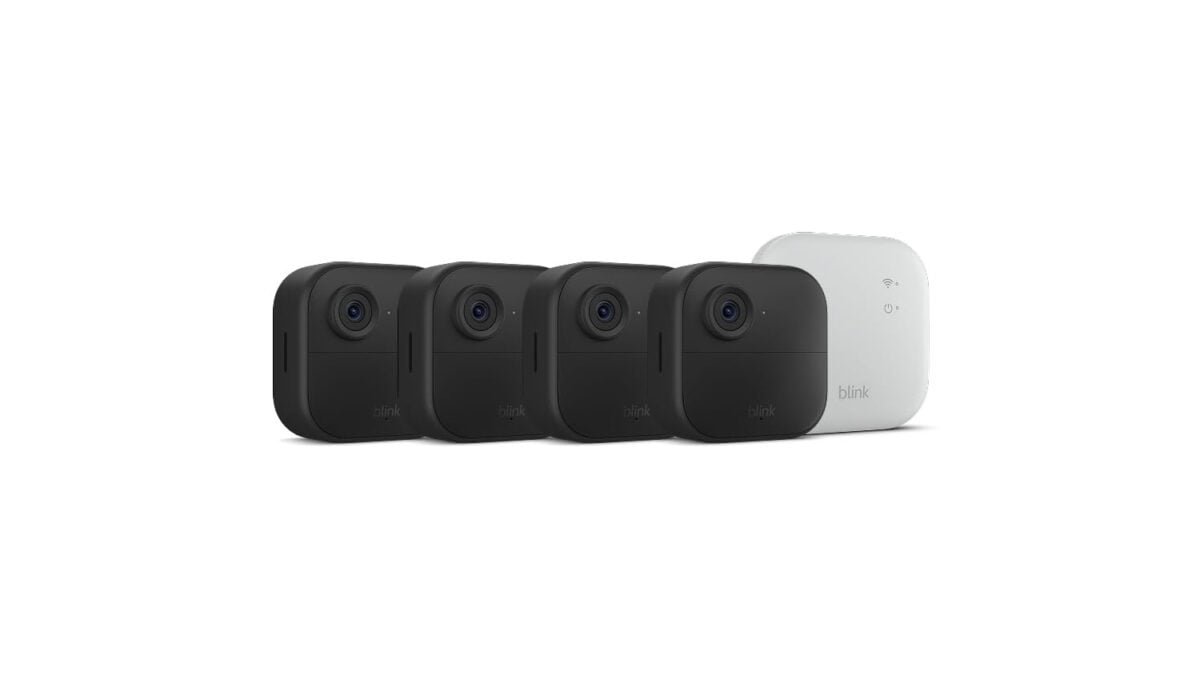By Mandy Zuo
Copyright scmp

Beijing has pledged to accelerate the global adoption of its home-grown BeiDou satellite navigation system, an alternative to the US-run Global Positioning System (GPS) that already dominates China’s domestic market.
At a summit on Wednesday, Vice-Premier Ding Xuexiang said the country was “enlarging its circle of international friends” after 31 years of developing the technology, which now accounts for over 70 per cent of the domestic consumer market share.
BeiDou is increasingly integrated into daily life in China, with new terminals and devices compatible with the technology expected to exceed 400 million units by 2028, according to an industry blue book published on the same day.
Compiled by the China Academy of Information and Communications Technology (CAICT), the report was released at the fourth International Summit on BeiDou System Applications in central China’s Hunan province, where Ding delivered a keynote speech.
The navigation system has come a long way since its first satellites launched in 1994. Following a milestone third-generation launch in 2020, BeiDou has “now entered a new phase of global development, with comprehensive improvements in service performance and widespread expansion of large-scale applications, becoming a critical new infrastructure serving global users,” Ding said.
Named after the seven bright northern stars used for navigation in ancient China, the BeiDou system has dominated the domestic market by powering smartphones, wearable devices, shared mobility services and other products.
According to the CAICT report, the total output value of China’s satellite navigation and location-based services industry, centred on BeiDou, reached 575.8 billion yuan (US$80.8 billion) last year.
During his speech at the opening ceremony, Ding called for wider international adoption of BeiDou by establishing cooperation centres and demonstration projects in areas such as disaster prevention and mitigation, precision agriculture and public safety, according to an official readout published by Xinhua.
The vice-premier also urged enhanced multilateral and bilateral cooperation, accelerating the compatibility and interoperability of satellite navigation systems and strengthening international coordination under the auspices of the United Nations.
Smartphones are the largest consumer application for BeiDou services in China. In 2024, domestic smartphone shipments totalled 294 million units, with nearly 98 per cent – about 288 million units – supporting BeiDou positioning functions, according to the CAICT report.
Wearables represent the second-largest market for BeiDou services. By 2028, the report projected that annual shipments of such devices will reach 47.95 million units nationwide, with the BeiDou installation rate rising to over 74 per cent.



